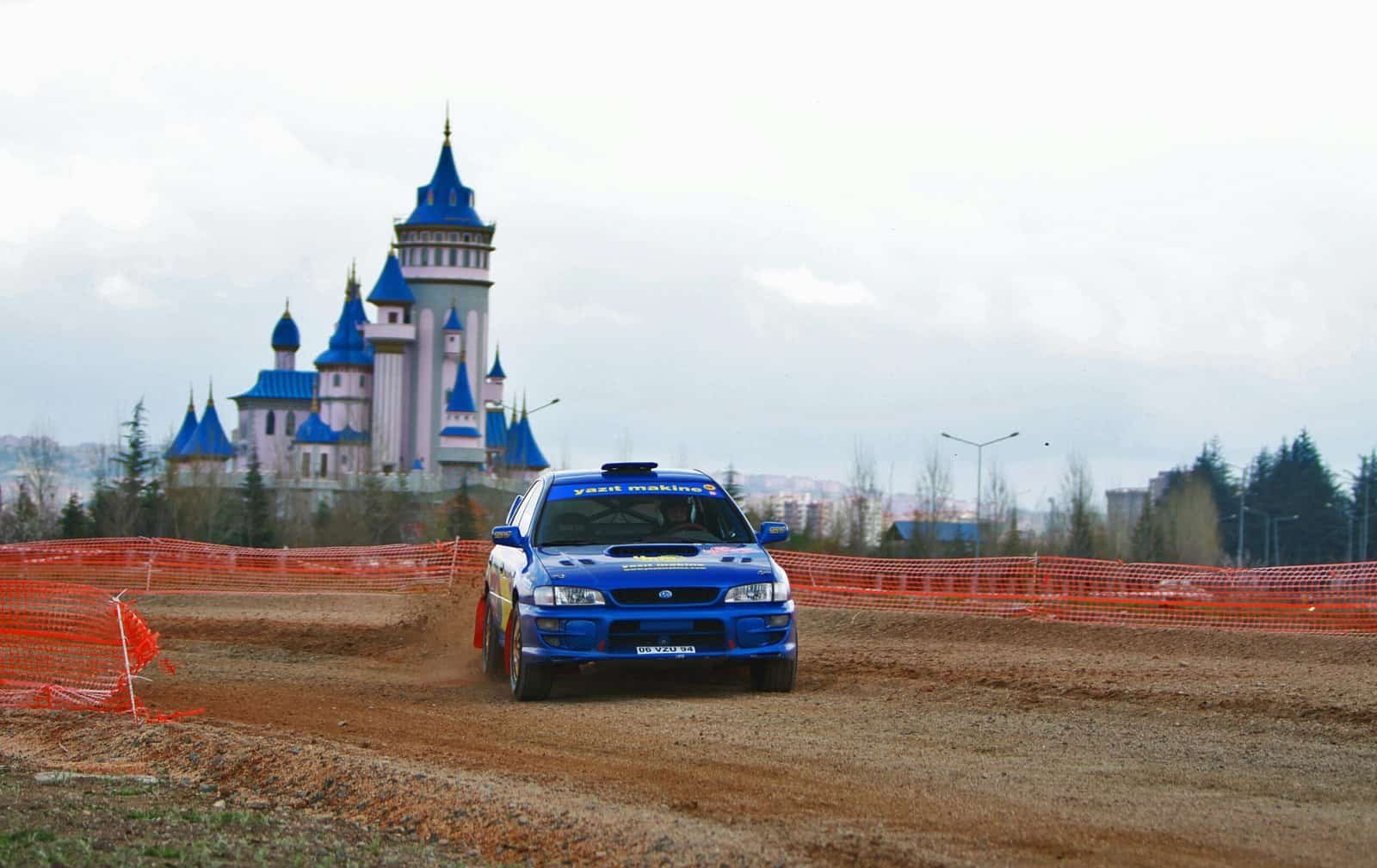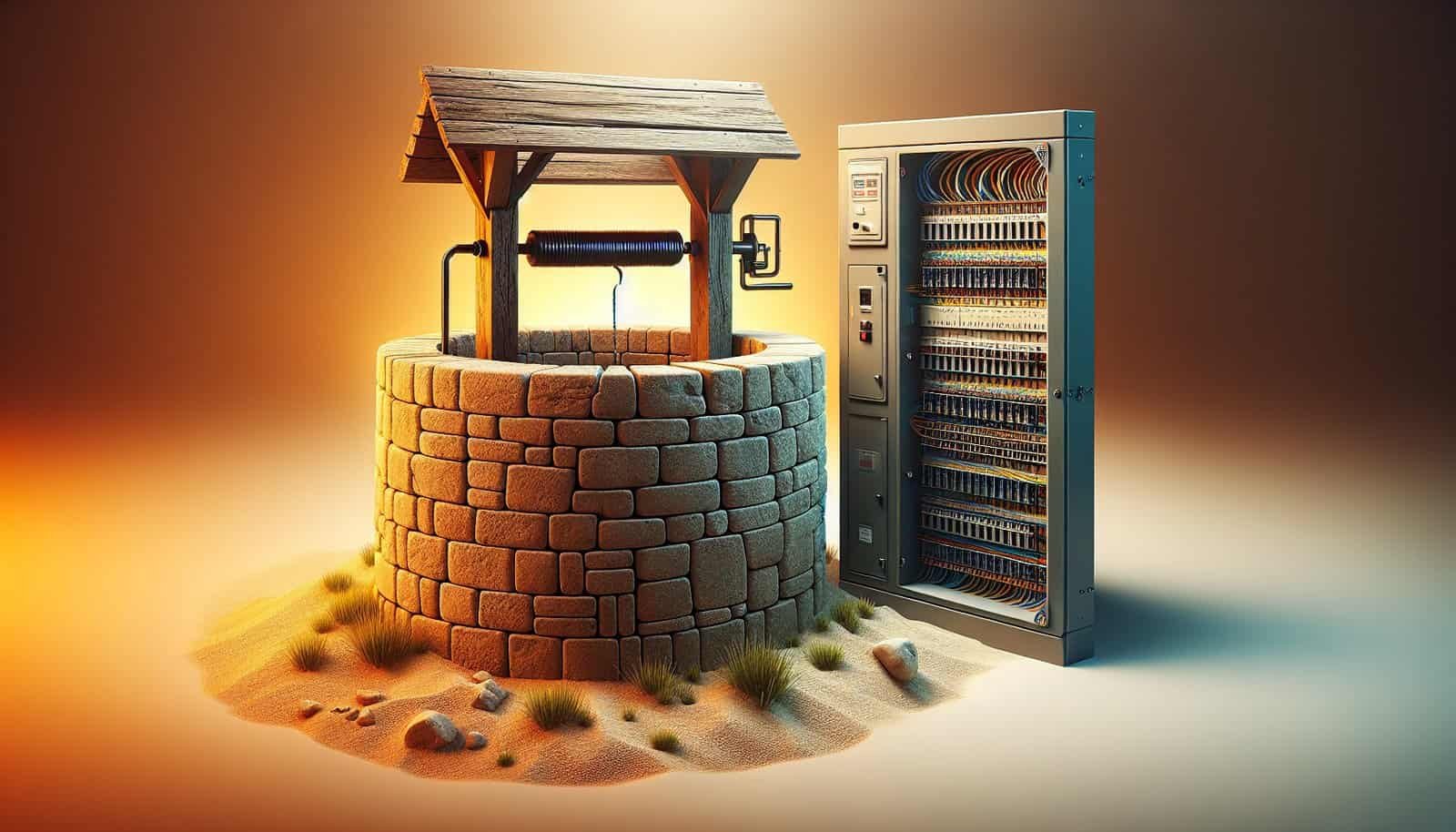Have you ever paused to think about the electrical systems installed close to your water well? With potential risks lurking in seemingly harmless situations, it’s important to develop a clear understanding of these systems and how they might interact with your water source. Here’s an in-depth look into whether these electrical systems might pose any danger and how you can ensure safety around your well.

Understanding Electrical Systems Near Your Well
What Constitutes an Electrical System Near a Well?
When considering electrical systems near your well, it’s crucial to identify what constitutes these systems. Generally, they may involve any electrical equipment, wiring, or infrastructure located in proximity to your well. This can include but is not limited to, submersible pump systems, wiring for power supply, control panels, and lighting systems. Recognizing these elements can help you assess any potential risks they might pose to your well water and overall safety.
Importance of Safe Electrical Practices
Good electrical practices around your well are essential. Ensuring safety minimizes bad situations, like electrical shocks or water contamination, from improperly managed equipment or wiring. Understanding and implementing safe practices can help you avoid these dangers and maintain a safe and healthy environment around your water source.
Potential Risks Associated with Electrical Systems
Electric Shock Hazards
One significant risk associated with electrical systems near your well is the potential for electric shock. These occur when there’s faulty wiring, improper insulation, or when electrical components come into contact with water. The risk of electric shock increases significantly whenever water is involved, so it’s crucial to ensure all systems are safely isolated from moisture.
Contamination Risks
Electrical systems can also pose contamination risks. For instance, malfunctioning systems might lead to oil leaks, or they could disrupt the well’s structure, potentially allowing contaminants into the water. This can affect water quality, making it essential to ensure electrical systems are functioning correctly and all seals are intact to prevent any potential contamination.
Fire Hazards
Fire hazards are another potential risk. Faulty electrical systems can lead to sparks, which in proximity to combustible materials or gases, can ignite and cause a fire. Regular maintenance and inspections can help mitigate this risk, ensuring all systems are in good working order and any flammable materials are properly stored.
Preventative Measures for Maintaining Safety
Conduct Regular Inspections
Conducting regular inspections of electrical systems near your well is vital. This involves checking for any signs of wear and tear, corrosion, or faulty wiring. Having a qualified electrician perform these checks can ensure any issues are spotted and addressed swiftly, maintaining the overall safety of your water well and its surroundings.
Employ Qualified Professionals
It’s wise to only hire licensed and experienced electricians for installation, maintenance, and repairs. Their expertise is crucial in recognizing potential hazards and ensuring compliance with safety standards. Doing so not only maintains the safety of the electrical systems but also provides peace of mind.
Utilize Proper Grounding Techniques
Proper grounding techniques are essential in preventing electrical risks. Grounding helps ensure that any stray electricity is safely directed away from high-risk areas, reducing the risk of electric shock or fire. Ensuring that all electrical systems have appropriate grounding can significantly enhance safety.
Implement Safety Barriers
Implementing safety barriers or enclosures around electrical systems can help protect them from environmental factors, such as water, dust, and unauthorized access. This can minimize potential risks and protect both the systems and the water from contamination or damage.
Regulatory Guidelines and Standards
Familiarize Yourself with Local Regulations
Understanding your local regulations regarding electrical systems near wells is vital. Different regions may have varying guidelines, and staying informed can ensure compliance and enhance safety around your well. Regulations often include stipulations regarding system installation, maintenance, and safety standards.
Comply with National Standards
In addition to local regulations, familiarizing yourself with national standards, such as those from the National Electrical Code (NEC), can provide additional safety measures and guidelines to follow. These standards are devised to prevent electrical hazards and ensure safe installation and operation of electrical systems.

Steps to Take in Case of an Emergency
Establish Clear Emergency Procedures
Having an emergency plan is crucial. This should include steps to take in case of electric shock, fires, or other emergencies stemming from electrical systems. Make sure everyone on the property is familiar with these procedures — it could save lives and prevent minor issues from escalating.
Quick Access to Emergency Contacts
Ensure you have quick access to emergency contacts, such as electricians, local emergency services, and utility companies. Having these readily available can expedite assistance and help mitigate any potential damages or dangers.
Ensuring Long-term Safety and Sustainability
Regular Maintenance Schedules
Adopting a regular maintenance schedule for your well’s electrical systems can help ensure they remain in optimal condition. Regular checks and service can significantly minimize risk factors and extend the lifespan of your equipment, ensuring a safe environment.
Invest in Quality Equipment
Investing in quality equipment from reputable manufacturers can help reduce the likelihood of malfunctions and risks. High-quality systems are typically more reliable and durable, providing additional safety and efficiency over time.

Conclusion
In conclusion, ensuring the safety of electrical systems near your well is paramount. Recognizing the potential hazards and implementing preventative measures can help you maintain a secure environment and protect your water source. By staying informed and diligent, you can safeguard both your home and well from unnecessary risks — securing peace of mind for you and your loved ones.
Dealing with electrical systems can be daunting, but armed with the right knowledge and professional guidance, you’re equipped to construct a safe and efficient setup that protects your well and its surroundings. Remember, when it comes to electrical installations, safety first should always be your guiding principle.

